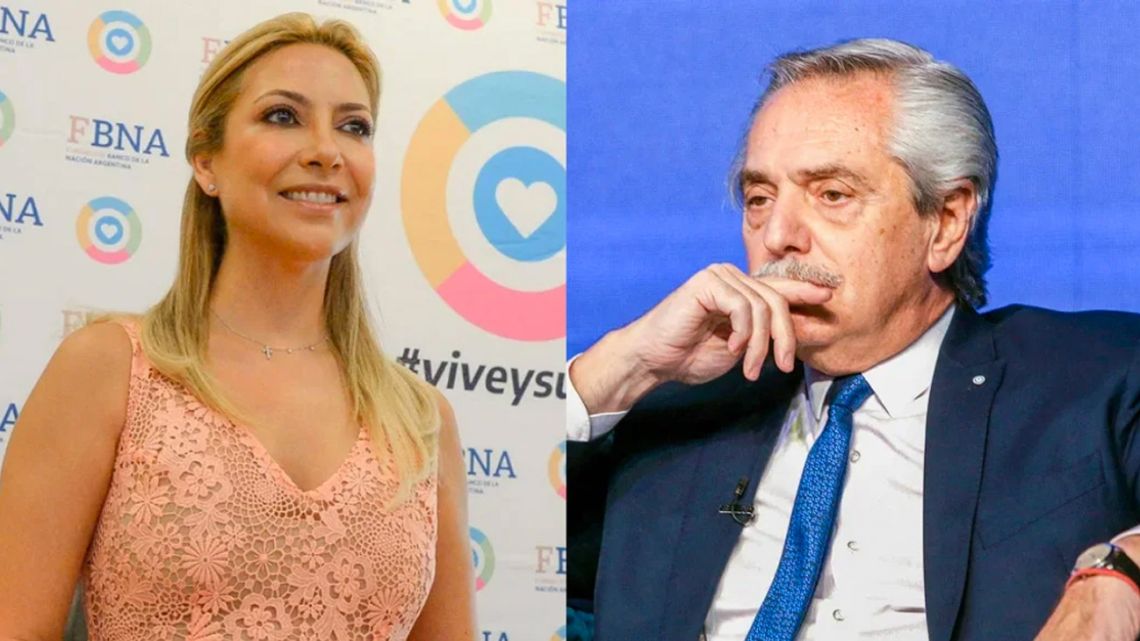(Analysis) Brazil’s decision to exclude the Organization for Economic Cooperation and Development (OECD) from the upcoming G20 summit in Rio de Janeiro marks a departure from established diplomatic norms. This move has raised eyebrows in international circles, given Brazil’s status as a candidate for OECD membership and its historically close ties with the organization.
The Lula administration’s choice to omit the OECD from the guest list of 16 international organizations reflects a potential shift in Brazil’s foreign policy priorities. While the rotating G20 presidency allows for flexibility in invitations, this exclusion stands out as unusual and potentially significant.
Brazil’s candidacy for OECD membership, though still officially active, has seen little progress since President Lula’s return to office. Some government sectors express concerns about potential constraints on public policy options that OECD membership might impose. However, it’s worth noting that OECD directives are not binding but rather serve as recommendations.
 Brazil Excludes OECD from G20 Summit, Raises Questions. (Photo Internet reproduction)
Brazil Excludes OECD from G20 Summit, Raises Questions. (Photo Internet reproduction)The OECD’s agenda encompasses various issues including democracy, gender equity, employment practices, education, anti-corruption efforts, and progressive taxation. These align with goals recognized by parts of the Brazilian government and private sector. Despite this, the current administration appears to be distancing itself from the organization.
This decision may reflect a broader geopolitical stance, possibly emphasizing a North-South divide. The OECD, with its 38 members including major developed nations and Latin American countries like Mexico, Chile, Colombia, and Costa Rica, is sometimes perceived as U.S.-dominated.
Brazil Excludes OECD from G20 Summit, Raises Questions
The exclusion of the OECD from the G20 summit contrasts with President Lula’s rhetoric on international cooperation and integration. It may send mixed signals about Brazil’s commitment to engaging with diverse global institutions during increasingly turbulent times.
Interestingly, other countries continue to pursue OECD membership. Argentina has moved ahead in the queue, while Peru, Thailand, and Indonesia are actively seeking to join. Thailand, in particular, is balancing its interests between BRICS and the OECD to expand its international presence.
The future of Brazil’s OECD aspirations remains uncertain. The potential return of Donald Trump to the White House could further complicate Brazil’s path to membership, as the U.S. has previously favored Argentina’s candidacy.
Despite efforts by the OECD leadership to secure an invitation to the Rio summit, Brazil has maintained its position. The Brazilian foreign ministry cites a preference for organizations with a majority of developing countries or universal character among the 16 invited entities.
These include institutions like the World Bank, International Monetary Fund, BRICS Bank (led by former President Dilma Rousseff), and various UN agencies. The decision reflects Brazil’s current foreign policy priorities and its vision for international cooperation.

 By The Rio Times | Created at 2024-11-14 10:31:35 | Updated at 2024-11-22 03:15:28
1 week ago
By The Rio Times | Created at 2024-11-14 10:31:35 | Updated at 2024-11-22 03:15:28
1 week ago








